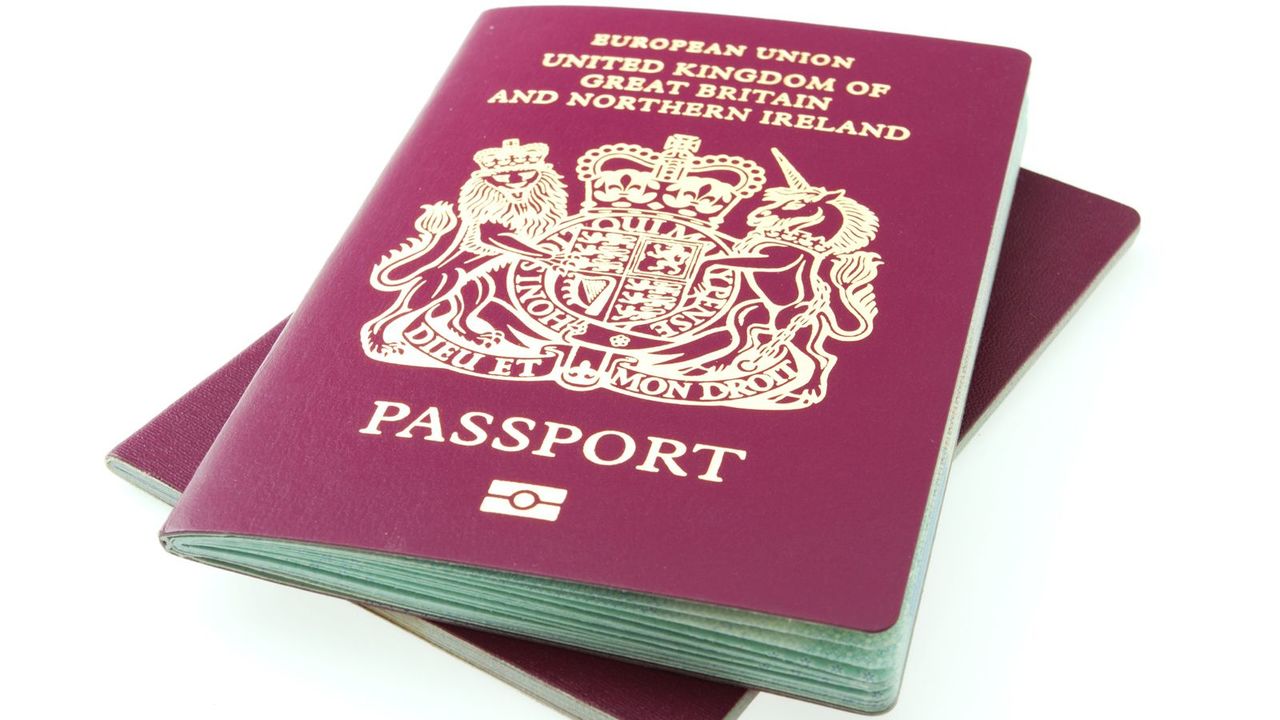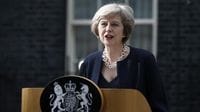
Earlier this year, I got my British passport renewed. It is one of my most treasured documents not only because of it’s wonderful burgundy and gold design, but because of two very important words written at the top, written above the name of the country itself - ‘European Union’. It feels like my golden ticket into Europe, and I carry it with pride alongside my Japanese passport, which is itself filled with stamps from my world travels.
Since dual nationality is not allowed in Japan, many of my British-Japanese friends picked having a British passport purely because it gave them access to the EU. However, following the decision on 23 June 2016 for the United Kingdom to leave the EU, that may not be the case.
Brexit has undoubtedly been one of the most divisive and controversial political events in recent British history. The entire Brexit debate in the lead up to the referendum turned ugly and negative as politicians failed to direct attention to the real issues at hand, like financial security or the value of EU trade and investment. People ended up caring more about whether or not the EU gave immigrants unfair access to British jobs and benefits. With many questions still unanswered, the UK plunged into the political unknown.
Over two month have passed and the reality of Brexit still has not quite sunk in, despite knowing that everything will be unrecognisably different in two years time when the procedures for Brexit are finished. It does not help that prime minister David Cameron stepped down despite insisting he wouldn’t, the opposition party is in chaos, and some of the leading advocates of Brexit refused to actually lead the way. It is a troubling time for the UK.
In a country so diverse, Brexit meant different things to different people. For myself, as an international student with a dual nationality with Britain, Brexit left a particularly deep and painful bruise my our personal identity.
I was born in rural Fukuoka, where most of my Japanese family on my mother’s side still live. When I was three, I moved to London and I lived there until I was eighteen.
While in living in London, I returned to Fukuoka every summer to see my family and I also attended a weekend Japanese school called Hoshuko for nine years. There, I learned how to read and write Japanese, studied Japanese classical literature and poetry and made Japanese friends.
As I grew older, my passion for my Japanese heritage grew so much that when I was fourteen I decided that only spending three weeks a year in Japan was not enough. I wanted to live there. My dream became a reality in 2014, when I got accepted into the University of Tokyo after intense studying and a tough interview.
However, growing up as both British and Japanese was far from easy. When your family are literally on opposite sides of the planet, when your mother’s and father’s cultures pull you in different directions, when the language and social codes are so radically unalike, and when you look different from how you are ‘supposed’ (and in my case, how I ‘wished’) to look, it is hard to feel comfortable in the skin you are in.
Having an identity crisis is common among mixed race people (or as Japan likes to call us, ‘Hafu’), who are recently growing in number. It is agonisingly difficult to feel accepted by both countries that you deserve equal belonging to. It took me years.
However, one thing I treasured about being mixed between Japanese and British is that I can find beauty in my timeless traditional Japanese culture and yet I can still enjoy the uniquely vibrant and dynamic internationalism of the UK.
The EU put Britain into special place in a healthy international community that enriched the life of many people like myself. I will forever be grateful for the exposure and connection I made with people from all cultures, religions and nations during the years I spent growing up in London. I never felt out of place. Since moving back to Japan, there would be days that I came home crying because of how some narrow-minded Japanese people treated me because they thought I was ‘stupid foreigner’.
Despite this, I found comfort in the fact that I would always have a home in the UK, which was more integrated and where diversity was openly celebrated. However, Brexit symbolised a toxic wave of xenophobia and an inward-looking, anti-immigrant future. I fear that I cannot feel the same way about the UK anymore - or, even worse, it was just a facade all along.
In the days immediately following Brexit, there was a wave of racism by some pro-Brexit voters against anybody looking foreign - a plethora of reports and videos appeared on social media of foreign-looking people (who were often born and raised in the UK) being told to ‘go home’ or having racist slurs shouted at them. Brexit exposed the racist undercurrents in society by making people somehow feel entitled to spit out their xenophobic dissatisfaction instead of channeling their anger towards the inability of multiple governments to create enough jobs or improve their living standards.
Charles Grant from the Centre for European Reform quite accurately described Brexit as ‘a momentous event in the history of Europe and from now on the narrative will be one of disintegration, not integration’. The media provoked division and turned people against immigrants because, quite simply, they were easier targets.
And so for the first time, I feared for my Japanese mother. I feared speaking Japanese in public. I feared that I could not proudly flaunt my Japanese heritage even on social media. The distaste and negative connotation carried with the word ‘immigrant’ made it sour in people’s mouths. This did not feel like home.
Since Brexit, many people like myself have been forced to rethink how we identify with the UK. The most shocking part of Brexit was that it even happened at all - almost all economic experts, politicians and cultural figures advised voters to remain and literally everybody I knew agreed. So how can your country feel like home when you find out that 52% of the population do not share the same values as you? Diversity and internationalism was something that once defined the UK, and now the country rejected it.
I have often been asked how my view on the UK has changed, and each time I remember the morning that the referendum results were announced. Despite the devastation, I felt immense pride that my home of London overwhelmingly voted to remain, especially my local constituency which was a strong 70% remain. And so although I identified less with the country as a whole, my identity as a Londoner strengthened.
So what is next for Brexit? Nobody really knows. Scotland, which overwhelmingly voted to remain, will pursue for a second independence referendum. This is understandable - they should not be forced to leave if staying is what they want. Something similar happened in London - 180,000 people signed a petition to make London independent, something like Singapore - a powerful autonomous city state.
British students are still mourning the immeasurable loss of opportunity to freely live and work in 27 EU countries. Considering that 75 percent of British people aged 18 - 25 voted to remain in the EU, the youth must live with a future that they clearly did not want.

But as the new prime minister Theresa May said, ‘Brexit means Brexit’. The country is slowly learning to face it’s difficult future. The newly elected Muslim mayer of London, Sadiq Khan, has launched a popular campaign called ‘London Is Open’, which promotes the capital as an open and tolerant city through art, music and sport in order to repair the country’s damaged reputation internationally.
My faith in the goodwill of the people has been cautiously restored through politicians like him. But for now, I will keep on observing the political developments from my home in Japan. Even from here, I can see the resoluteness and determination of the public shining through, despite all the uncertainty. And as the famous saying goes, the British people embody the spirit and message of ‘keep calm and carry on’.



